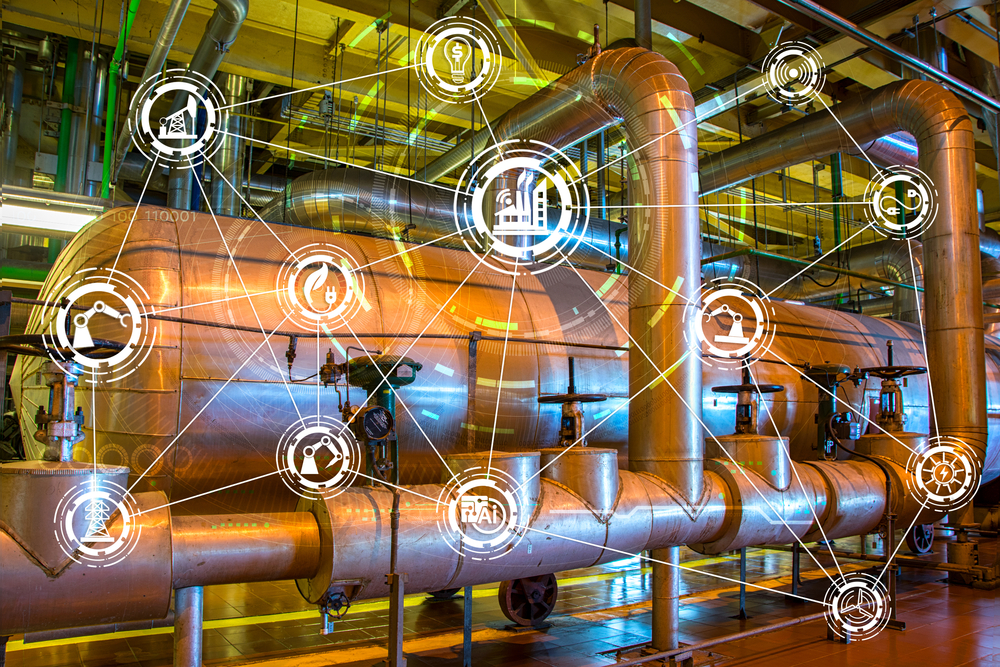Leading brands transforming around industrial IoT…

McKinsey estimates that the Internet of Things will generate between $4 and $11 trillion in annual economic impact by 2024. Of these fiscal gains, between $1.2 and $3.7 trillion will be generated by IoT use in factory settings. The Industrial Internet of Things is a potentially transformative movement, and businesses are adjusting to what could amount to a new industrial revolution.
As the IIoT takes hold in a wide range of manufacturing settings, organizations are scrambling to develop strategies to interconnect data across a variety of systems, something that is made particularly difficult by the traditionally siloed, segmented nature of industrial network systems. For a long time, automation and control networks, enterprise data infrastructure and other network systems within industrial settings were carefully segregated to ensure all data movement within the facility promoted safety and performance. The move to integrate and align networks in light of digitization has been happening gradually over the past decade, and now the IIoT is taking this connectivity innovation to another level. With industrial connectivity changing around the increasingly digital world, a few brands are developing new identities as they work to drive the innovation being enabled by the IoT. Three of the leaders in this space are:
1. General Electric
GE famously gets credit for coining the term Industry 4.0, the tech-era nomenclature being given to what is considered the fourth industrial revolution. This new era of change is happening as manufacturers embrace digital technologies and develop strategies to gather data from across all areas of operations and put that information into use. GE is leading this charge through a full commitment to the digital industrial world and the IoT systems that make this vision possible.
2. Siemens
GE isn’t the only industrial giant embracing a digital future. Siemens also boasts an ambitious portfolio of IIoT technologies and services it is using to advance innovation across industrial settings. Siemens is focusing on embedded technologies that build computing functionality into existing industrial machines. This focus on vertical IT – a strategy of creating IT solutions aimed at specific sectors instead of emphasizing broad IT systems that can apply anywhere – is pushing Siemens into the IIoT conversation. The drive toward the IIoT is especially evident in the MindSphere IoT platform, a Siemens-designed IoT operating system designed to bring together data and functionality from a variety of interconnected devices.
3. Cisco
Robust networks are central to the IIoT, and Cisco has spent the past few years advancing its connected factory products to offer the combination of hardiness, reliability, and performance necessary in industrial settings. The company is aiming to drive a key evolution in factory networks to provide a rare blend of security and performance so industrial organizations can keep pace with digital demands without sacrificing the control they need to ensure smooth, safe operations.
With traditional industrial organizations going digital and a longstanding networking giant specializing parts of its portfolio, the IIoT is charging ahead in driving change across the manufacturing sector. These brands are among the leaders, but, as McKinsey pointed out, the IIoT is among the largest sectors for IoT growth, and plenty of competition is on the horizon.
Leave a Reply
You must be logged in to post a comment.